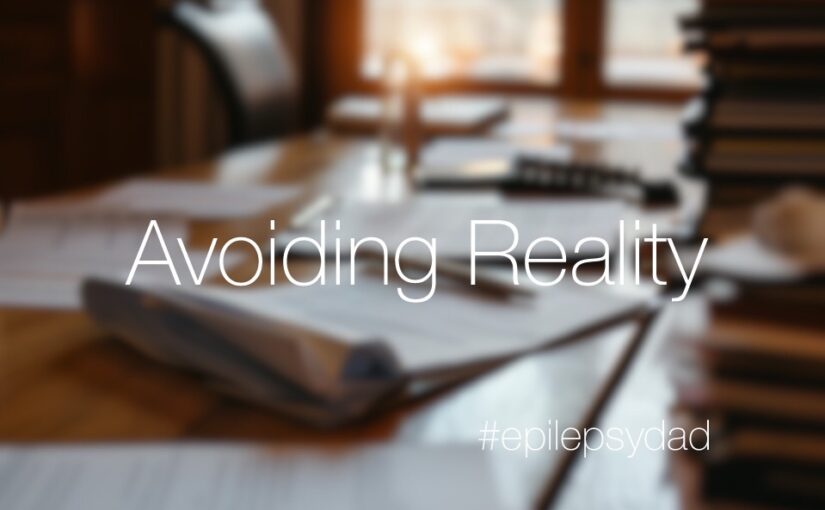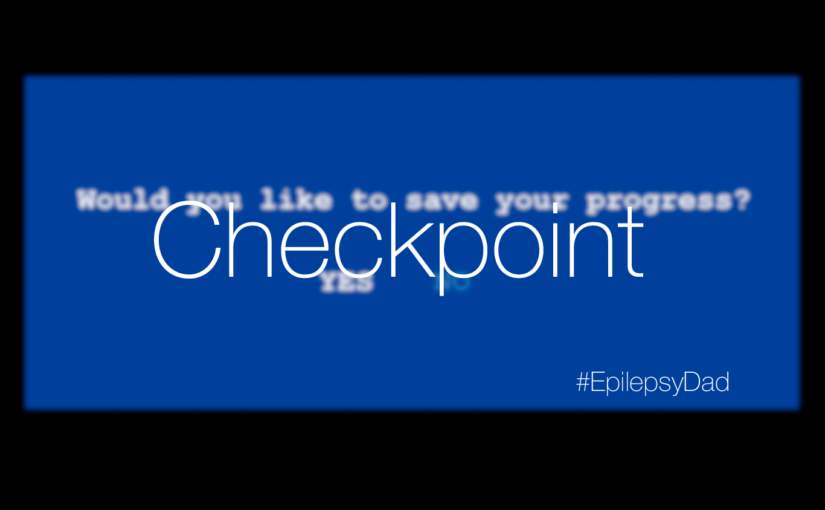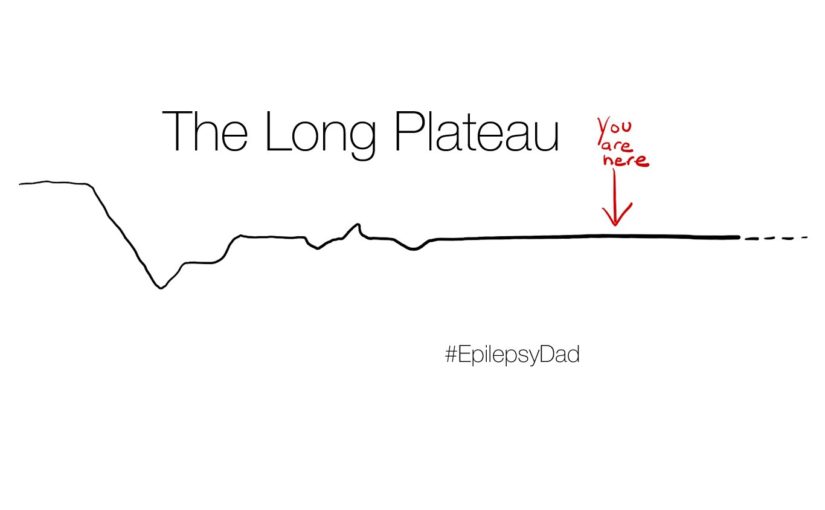A while ago, I went with my parents to an appointment with an estate planning attorney. We’ve been pushing them to get a new will and legal documents since they moved to Pennsylvania, but it never seemed to be a priority.
Over the last year, though, both of my parents have continued to struggle with health issues and it has only gotten worse. While their nest egg wasn’t substantial, they had specific wishes for what to do with their estate and it wasn’t enough to just tell me what they were.
As I sat in the lawyer’s office and listened to his questions, I thought about our plan. Or rather, our lack of a plan. The extent of our planning is adding beneficiaries to our accounts, which is a) not a plan and b) not enough. If either my wife or I pass away, the other can manage to keep things going. However, the elephant in the room is what happens when both of us are gone and, more importantly, what happens if that happens when my son is young or if he’s not able to be on his own.
A few years ago, I started to write a post by jotting down what was in my head:
- I know he is going to get older.
- I don’t want him to.
- I want him to stay this age.
- I want him to be able to stay with us.
- I want to be able to take care of him.
- I don’t want him to have to face the world.
- I don’t want him to have to take care of himself.
- I don’t want him to have that burden.
- I don’t want him to fail at it and to have a hard life.
- I have to set him up to do it himself.
- I have to put in a safety net.
- But I’m not going to be here forever.
- I’d fail him if I pretended he wouldn’t get older, or didn’t do anything because I didn’t think he would get older or because I don’t want him to get older.
There is a lot to unpack there, but the thoughts and questions I had years ago are still relevant today. Each year, I’ve thought “this is is shaping up to be the year we get things under control.” However, each year ended with the same questions remaining unanswered.
Who will take care of him if he is still a minor? At one point, we had a plan there, but it’s been too long and so many years that the family who would have taken him is no longer viable.
How will he make a living? What if he isn’t able to work or generate an income? What if the only money he will have is what we can leave him? I make a good living, but there are a lot of expenses that come with any medical condition, both normal living and trying to have a good life, medical expenses, educational expenses, and other things that chip away at the nest egg.
Facing these concerns and answering these questions is the only way we can realistically try to secure the future we want for our son. But being realistic means accepting and facing reality, which is not a trait I am always known for, especially when it comes to my son’s future. There is always a reason to put it off. There is always “one more thing” we want to do to get everything in order before we talk to someone. The result is another year without a plan, which is such a disservice to him.
It’s time to do different.


